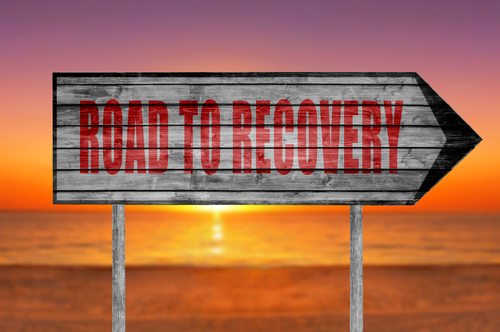Addiction rehabilitation is a service which provides treatment and recovery to a person who abuses or has become addicted to alcohol. Rehabilitation programs may be inpatient or outpatient and include treatment services which provide personalized service to individuals. Detox, psychological treatment and counseling are included along with aftercare services. Learn more about alcohol rehab and how to get started if addiction is affecting a loved one.
Program Goals
Several goals of an alcohol rehabilitation program include:
- Ending alcohol abuse
- Improve health and functioning
- Treat underlying mental health conditions
- Provide aftercare services for re-integration into society
An addiction rehab program provides treatment and recovery services to individuals with addiction to alcohol. Alcohol rehab can be inpatient or outpatient and include services adapted to individuals. Detox, psychological treatment and counseling round out the services while aftercare and referral programs support an individual in living sober within society.
What Happens During Rehab
Individual situations are unique in terms of alcohol treatment. Several general steps make up a rehab program.
Alcohol assessment
Upon entering rehab, staff may assess the person’s situation and design a program which is unique to the individual’s circumstances. Likely this will include a drug test, psych screening and assessment of both medical and personal circumstances. The aim is to understand the extent of abuse and create a program for success.
Detox from alcohol
Alcohol detox may begin 3-5 hours after the last drink but does not require anything other than medical supervision. Medication may be necessary but staff only needs to monitor a person to ensure safety. Most cases require medical staff monitoring to ensure safety and to clear alcohol from the system.
Psychotherapy
One of the most important phases of rehab includes psychological treatments as a basis for future sobriety. An individual can analyze and assess one’s mental and emotional condition in order to make positive changes to prevent relapse.
Pharmacotherapy
Medications for dependence on alcohol are assessed on an individual basis. Acamprosate and naltrexone have been used to help reduce cravings and acute alcohol withdrawal symptoms. While medications can support sobriety, a true desire to change must occur along with medication to be effective.
Alcohol abuse education
Education is important as it provides information about alcoholism and abuse. Learning how alcohol affects the brain and central nervous system and why dependence occurs can support an individual’s recovery now and in the future.
Supportive services
The final step is to empower an individual to seek services outside of treatment in order to maintain abstinence from alcohol. Rehab will connect people with halfway houses, social assistance or medical help. A good program will help create a network of supportive people to surround him or herself in recovery.
It is important to seek help from the local community and stay focused on the aftercare program following treatment. Alcohol counseling is recommended for at least one year (once a week) to encourage sobriety, community and a positive lifestyle in recovery.
The Villa supports an individual or families through the process of recovery from addiction. If you are struggling and need help for yourself or a loved one, call us. We can give you hope for a better future.

